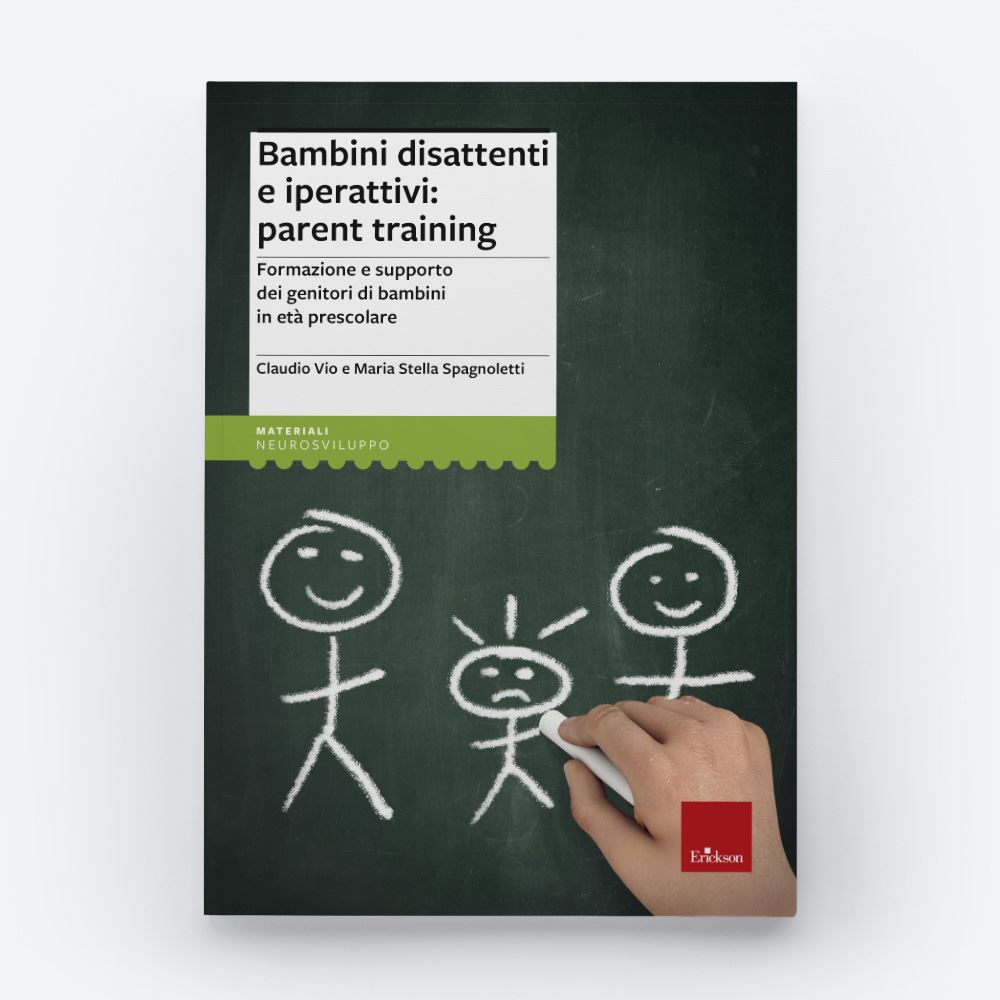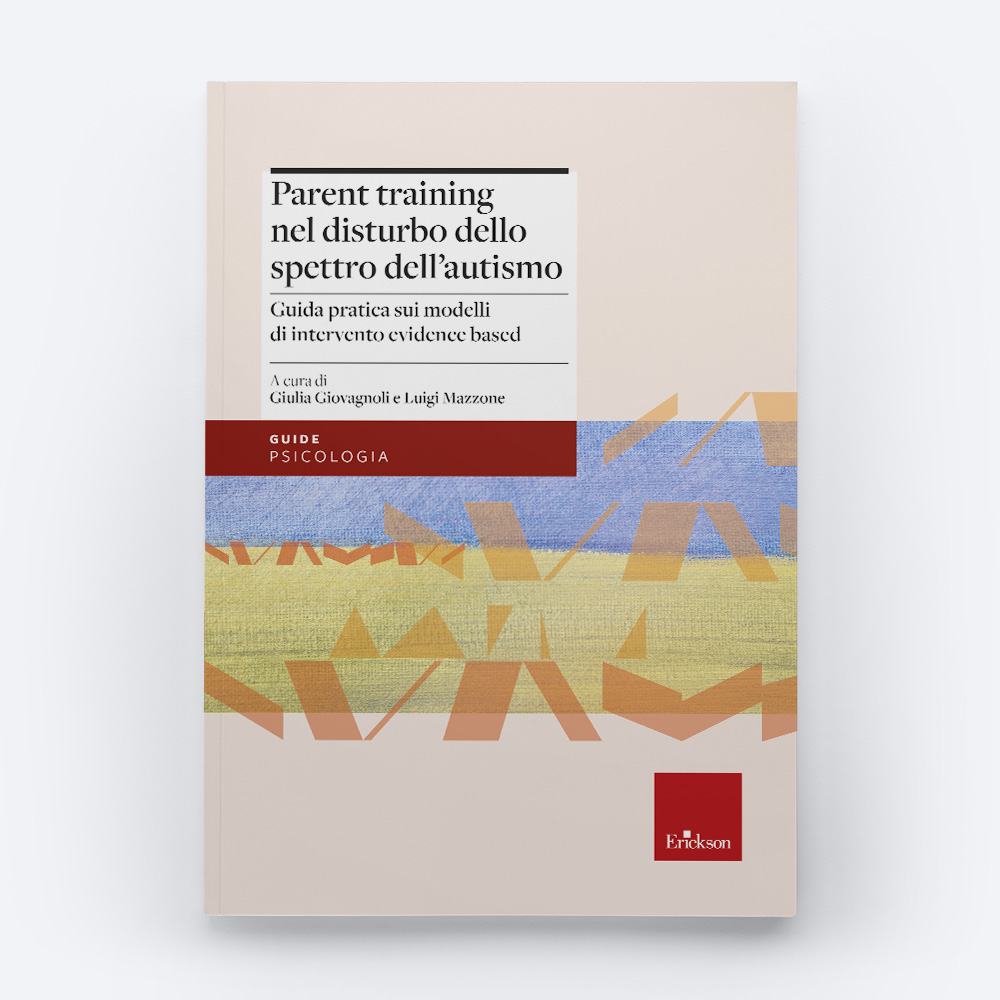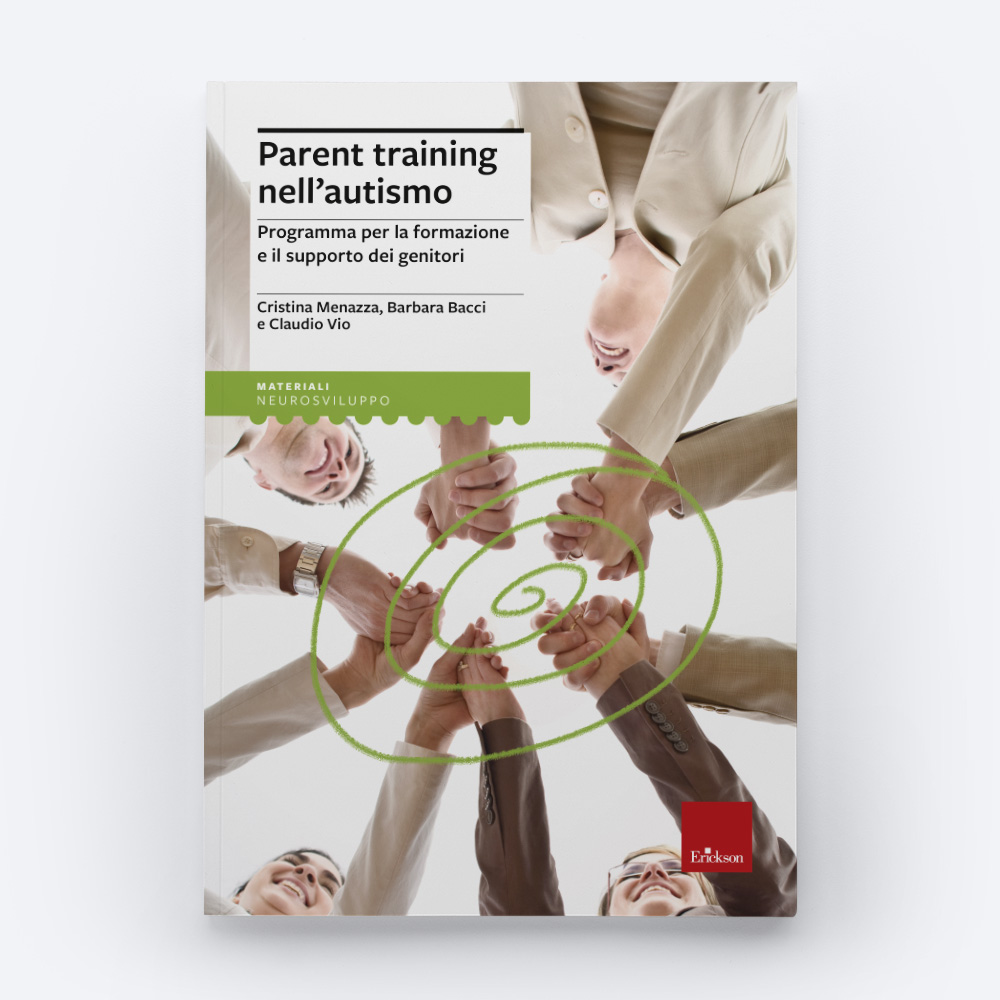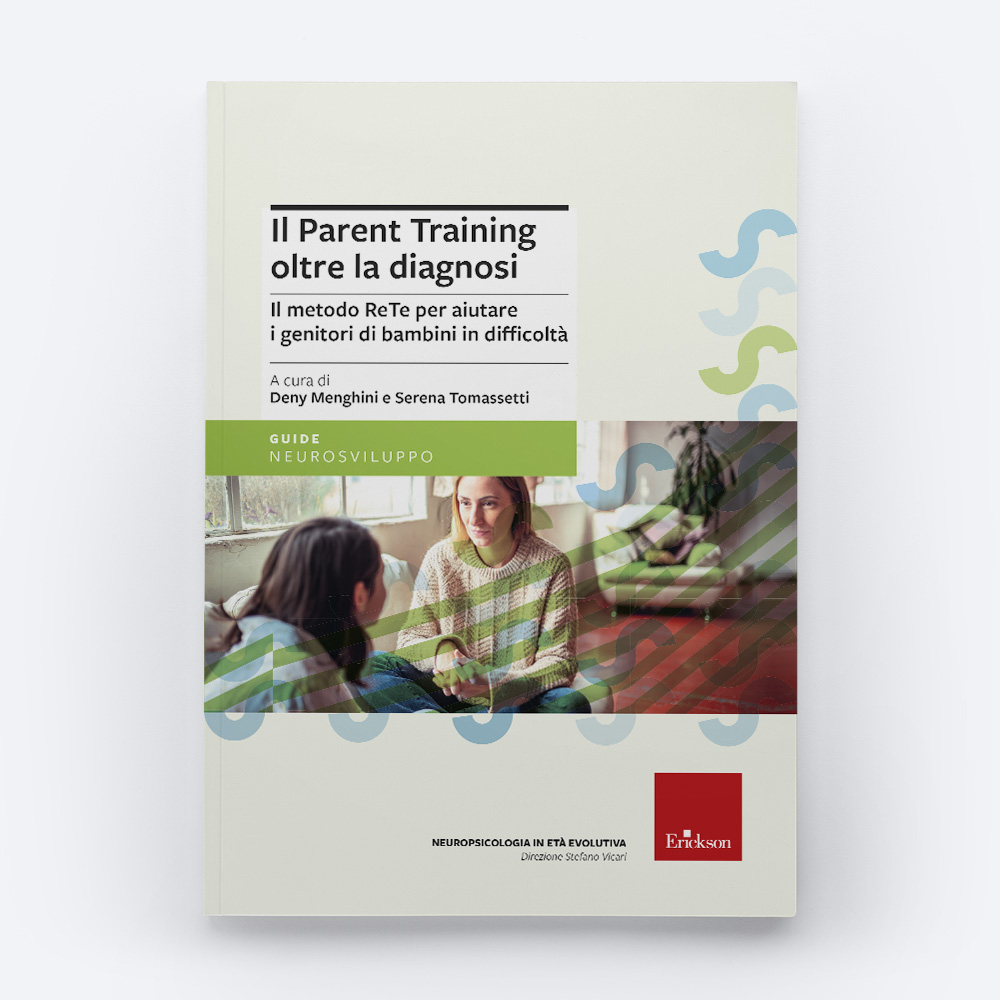 EN
EN
 PT
PT


What is Parent Training?
There’s an urban legend among parents called “Parent Training“. It sounds a bit like a superhero training course, but the reality is there are no magic wands, capes, or X-ray glasses, and there’s not even a physical test to pass. Parent Training is an intervention programme that helps parents manage their children. It’s a mix between a survival course in the Amazon jungle and a postgraduate degree in international negotiation, all set to a soundtrack of screaming and uncontrollable laughter.
Through this training, parents learn to handle everyday challenges, discovering a series of communication techniques that – as if by magic – turn “no” into “yes” and monosyllabic responses into constructive dialogues. Family stress decreases, and the parent-child relationship improves.
Who is it for?
Parent Training is designed for parents of children aged 5 to 11 who have behavioural difficulties, including those with Attention Deficit Hyperactivity Disorder (ADHD), Autism Spectrum Disorder, Anxiety Disorders, and Eating Disorders. Additionally, Parent Training can be beneficial in cases of domestic violence.
Erickson’s publications on Parent Training

Parent training for teenagers with eating disorsers
Material for the clinician and sheets for parents
Alessia Gatti, Laura Marchi
This book is aimed at all healthcare workers and professionals dealing with eating disorders in children and adolescents, presenting a comprehensive parenting support programme with role-playing activities, session examples, homework, and guidance for parents of children and teenagers with eating disorders. The goal of this programme is to help parents establish a calm and constructive relationship with their children as they work to overcome their eating disorder.
Within the book:

Theoretical introduction to Eating Disorders

Exploring an episode in the peer group

Emotion analysis sheet

Autobiographical episode on interpersonal motivational systems.
Leaf through the instructions translated into English to facilitate your evaluation of the product:

Distracted and hyperactive children: parent training
Training and support for parents of pre-school age children
Claudio Vio, Maria Stella Spagnoletti
A book designed to establish, from a preventative perspective, a programme that allows parents of inattentive and hyperactive children to develop positive relationships, communication skills, and behavioural habits from the preschool years onward. The book includes an initial theoretical section analysing indicators of the disorder’s development and a second, more practical section, describing the structure and process of each session.
Within the book:

Operational guidelines on the daily routine

The operational support is structured by meetings

Cooperative activities, assessments, and rewarding interventions

Work sheets for a training assessment

Parent training in autism spectrum disorders
A practical guide to evidence-based intervention models
Luigi Mazzone, Giulia Giovagnoli
The book guides the reader through acquiring knowledge and practical tools on psychoeducation, parent-mediated therapy, and enhancing social-relational skills. Additionally, it addresses essential topics such as managing dysfunctional behaviours, toilet training, sleep issues, fostering personal independence, handling emotional expression and sexuality, and the role of neurotypical siblings.
Within the book:

Glossary of terms used in behavioural Methodology

Levels of support needed in autism spectrum disorder

Parent training in autism
Parent training and support programme
Claudio Vio, Cristina Menazza, Barbara Bacci
A training programme for parents providing them with the practical guidance necessary to understand the needs of children with autism. The programme presented in the book consists of nine sessions, each covering a specific topic, with three objectives:
Within the book:

Communicating with Images
Augmentative and Alternative Communication (AAC) and the Picture Exchange Communication System (PECS) are two valuable tools for enhancing the communication skills of a child with autism.

The First Step
Understanding what autism is

Emotional Reactions
Getting to know ourselves and our emotions helps avoid intervention mistakes

Parent training for ADHD
CERG Programme: Cognitive, emotional and relational support from parents
Cesare Cornoldi, Angela Paiano, Anna Maria Re, Emilia Ferruzza
The book offers a new Parent Training approach for parents of children with ADHD. The activities suggested aim to explore, reprocess, and transform parents’ thoughts, emotions, and interactions with respect to their relationship with children with ADHD. The CERG programme addresses emotional, cognitive, and relational aspects within parent groups, which were initiated as part of the University of Padua’s work on Learning Disorders.
Within the book:

Positive behaviour sheet for the child

Diary for recording the child’s reactions to change

The stories elicit reflection on problematic behaviours

SDAI and SDAG scales provided in the appendix

Parent training beyond the diagnosis
The ReTe Method: helping parents with children in difficulty
Agnese Tomassetti, Deny Menghini
An innovative Parent Training guide offering clear advice and strategies to help parents address dysfunctional behaviours, even in typically developing children, and behaviour modification techniques to promote more positive behaviour.
Within the book:

The role of parents in the change process

Inattention, hyperactivity, and Iìimpulsivity
The Authors
Luigi Mazzone, a child neuropsychiatrist, conducted research from 2005 to 2009 at the National Institute of Mental Health in Bethesda, Washington, and at the Division of Child and Adolescent Psychiatry at Columbia University in New York.
Giulia Giovagnoli, a cognitive-behavioural psychologist and psychotherapist, trained at La Sapienza University and the Cognitive Psychotherapy School of Rome.
Claudio Vio, psychologist, psychotherapist, and clinical neuropsychologist at the Child Neuropsychiatry Unit, ULSS 4 – Veneto Region, Head of the Childhood Unit. Contract professor at the University of Padua’s Faculty of Psychology.
Maria Stella Spagnoletti, psychologist and psychotherapist, is currently a contract lecturer in General Psychology for the Education Sciences degree programme at the University of Trieste.
Cristina Menazza, psychologist-psychotherapist, is a consultant for psychoeducational intervention projects for autistic children at the Child Neuropsychiatry Complex Unit in San Donà di Piave (VE).
Barbara Bacci, psychologist-psychotherapist, works in the Paediatrics Department at the University of Padua, with a specialisation in Life Cycle Psychology obtained in 2008 at the University of Padua.
Alessia Gatti, cognitive-behavioural psychologist and psychotherapist, works in individual and couples’ psychotherapy with adults and adolescents.
Laura Marchi, cognitive-behavioural psychologist and psychotherapist, research collaborator at the University of Pisa.
Cesare Cornoldi, Emeritus Professor at the University of Padua, has been researching memory processes and cognitive, metacognitive, and strategic aspects of learning difficulties for years.
Angela Paiano, psychologist and psychotherapist, specialised in Life Cycle Psychology.
Anna Maria Re, psychologist and Associate Professor in Developmental and Educational Psychology in the Department of Psychology at the University of Turin.
Emilia Ferruzza, psychologist, psychotherapist, and Associate Professor of Dynamic Psychology at the Department of Developmental and Socialisation Psychology (DPSS) – University of Padua.
Agnese Tomassetti graduated in 2006 in graphic design from the Higher Institute for Artistic Industries in Urbino and began working as a graphic designer and children’s book illustrator.
Deny Menghini, cognitive-behavioural psychologist and psychotherapist at the Child Neuropsychiatry Unit at the Bambino Gesù Paediatric Hospital in Rome.